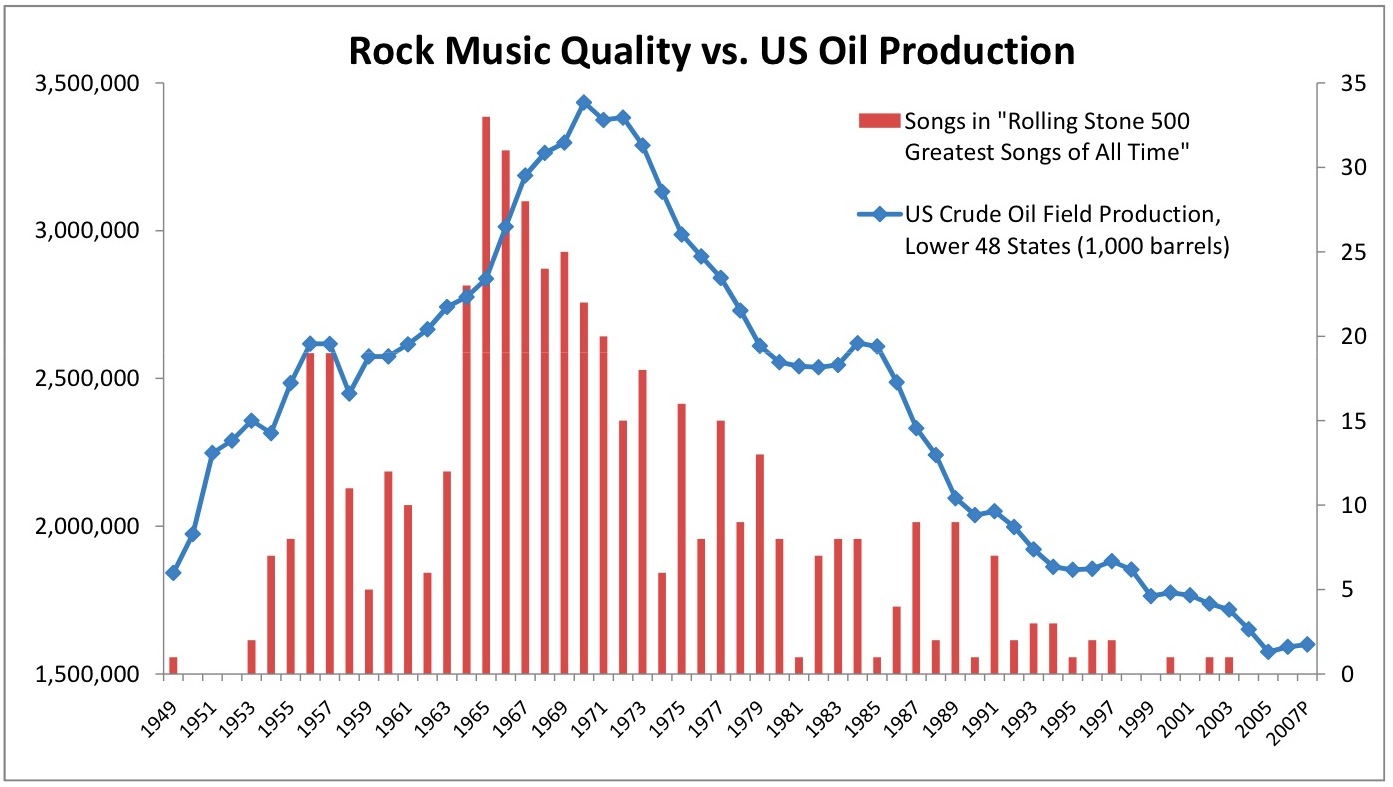ERD50
Give me a museum and I'll fill it. (Picasso) Give me a forum ...
Not true. But the only way to logically restrict carbon pollution is on a per capital basis, not by a country's aggregate pollution.
Really? I thought it was called "global warming", not "per capita warming"?
So if we are going to reduce greenhouse gas emissions (as unclemick points out, we need to look at all gasses based on their contribution), we need to do it wherever they are. And since we live in a world where countries govern their people, we need to call on those countries to limit their emissions.
And to take your argument to its logical conclusion, we would need to lower our standard of living to that of a Chinese peasant, and they would not be allowed to raise their standard of living. Partially offset by limited, expensive, renewable energy sources which still have an environmental impact - check out that "Conservation without the hot air" pdf for more details.
So therefore the U.S. per capita emissions have to come down to a level that is sustainable. Meanwhile, other countries who are polluting at a level that is below the level the world can sustain, still have room to increase their pollution up to, but not above, a sustainable per capita rate.
And what is this "sustainable rate" that will keep Bangladesh from flooding? The data I've seen indicates we already have emitted enough CO2 to do that. Do you have other data?
It's nice to say that no single person deserves to pollute any more than any other person. But I guess we can extend that to the idea that no single person deserves any more wealth than any other person. While my heart may feel some of that, I just don't think that you will get too many to go along with throwing all our belongings in a pot and dividing it up equally across our brothers and sisters worldwide. Same with our energy wealth.
-ERD50

